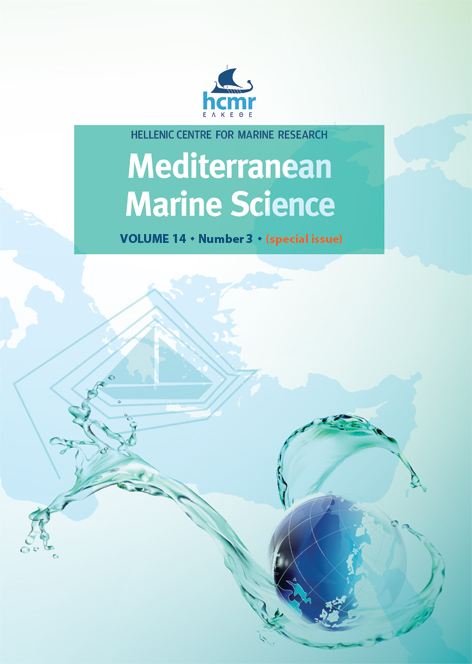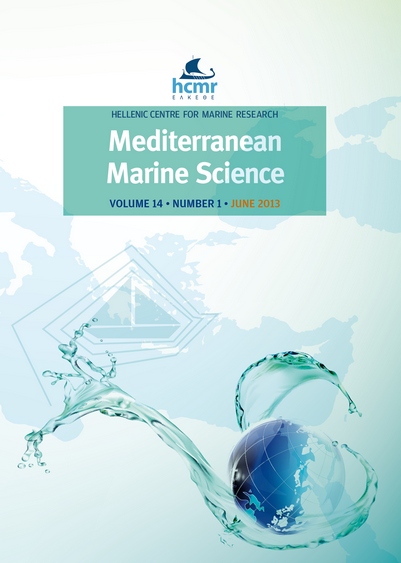New records of Decapod Crustaceans (Decapoda: Pontoniinae and Inachidae) associated with sea anemones in Turkish waters
Abstract
Three anemone-associated decapod crustaceans, two shrimp species, Periclimenes amethysteus and P. aegylios (Caridea: Palaemonidae: Pontoniinae), and the crab Inachus phalangium (Brachyura: Inachidae), all collected from the Dardanelles, are reported for the first time from Turkish coasts. Another inachid crab, Macropodia czernjawskii is also reported for the first time to occur in association with the sea anemone, Anemonia viridis. Periclimenes scriptus was the fifth decapod species recorded associated with sea anemones within the present study, and while this species has already been reported from Turkish waters, this is the first time it is recorded from the Dardanelles (the Turkish Straits System).
Article Details
- Come citare
-
DURIS, Z., ATES, A. S., OZALP, H. B., & KATAGAN, T. (2013). New records of Decapod Crustaceans (Decapoda: Pontoniinae and Inachidae) associated with sea anemones in Turkish waters. Mediterranean Marine Science, 14(3), 49–55. https://doi.org/10.12681/mms.620
- Fascicolo
- Vol 14, No 3 (2013) special issue
- Sezione
- Research Article
Authors who publish with this journal agree to the following terms:
- Authors retain copyright and grant the journal right of first publication with the work simultaneously licensed under a Creative Commons Attribution Non-Commercial License that allows others to share the work with an acknowledgement of the work's authorship and initial publication in this journal.
- Authors are able to enter into separate, additional contractual arrangements for the non-exclusive distribution of the journal's published version of the work (e.g. post it to an institutional repository or publish it in a book), with an acknowledgement of its initial publication in this journal.
- Authors are permitted and encouraged to post their work online (preferably in institutional repositories or on their website) prior to and during the submission process, as it can lead to productive exchanges, as well as earlier and greater citation of published work (See The Effect of Open Access).







